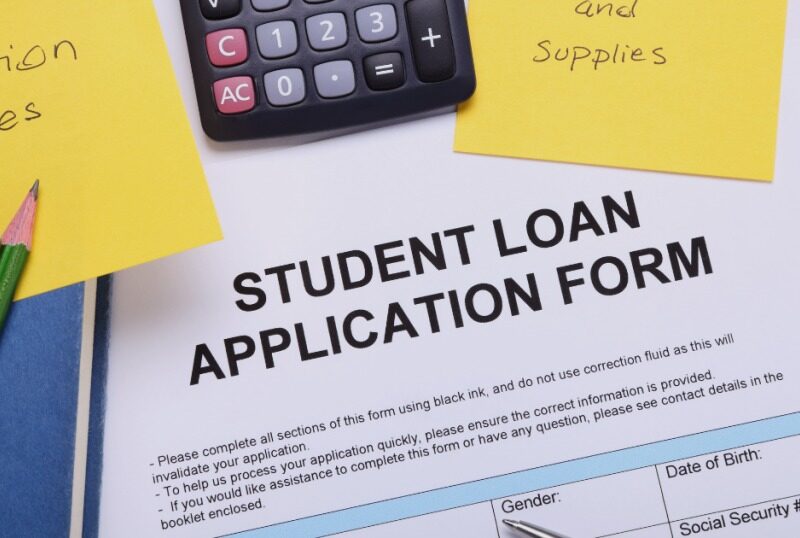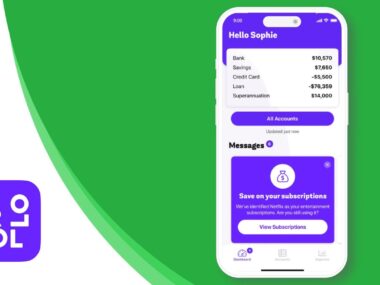How to Get a Student Loan with No Cosigner in Canada
Are you a student in Canada looking for financial aid but don’t have a cosigner? Don’t worry; you’re not alone. Many students face the challenge of securing a loan without someone to back them up. However, there are avenues you can explore to get a student loan without a cosigner. Let’s dive into some practical steps and options available to make your educational journey smoother.
Before diving into the process, it’s crucial to understand the types of loans available to students in Canada. Federal loans, provincial loans and private loans are the primary categories.
Federal loans often require a cosigner but provincial loans may have options for students without cosigners.
Explore Provincial Loan Programs
Provincial governments in Canada offer student loan programs that can be more lenient regarding cosigner requirements. For example, in Ontario, the Ontario Student Assistance Program (OSAP) provides loans and grants to students and they don’t always mandate a cosigner.
Check Eligibility Criteria
Each loan program has specific eligibility criteria. While some may require a cosigner, others may have alternative criteria for assessing your ability to repay the loan, such as your credit score, income prospects after graduation, or academic performance.
Build Your Credit Score
If you don’t have a cosigner and your credit score is a concern, work on building it before applying for a loan. Timely payments on credit cards or small loans can positively impact your credit score over time, making you a more attractive candidate for a loan without a cosigner.
Apply for Grants and Scholarships
Reduce your reliance on loans by exploring grants, scholarships and bursaries. These forms of financial aid don’t require repayment and can significantly lower your overall education costs.
Consider Part Time Work
Working part time during your studies can help cover some expenses, reducing the amount you need to borrow. Look for on campus jobs or positions with flexible hours that won’t interfere with your studies.
Seek Advice from Financial Aid Offices
Your university or college’s financial aid office can provide valuable insights and guidance on navigating the loan process without a cosigner. They can also help you explore all available options and assist with filling out applications.
Compare Loan Terms
If you opt for a private loan without a cosigner, compare terms from different lenders. Look for favorable interest rates, repayment options and any additional benefits or incentives they may offer.
Demonstrate Financial Responsibility
During the application process, emphasize your financial responsibility. Provide evidence of steady income, savings, or other assets that showcase your ability to manage loan repayments independently.
Stay Informed About Repayment Plans
Once you secure a loan, stay informed about repayment plans. Understand the terms, grace periods and options for deferral or consolidation if needed. Being proactive about repayment can prevent financial stress down the line.
FAQs
Q1: Can international students get student loans without a cosigner in Canada?
A1: It’s challenging for international students to secure loans without a cosigner in Canada. However, some private lenders may offer options specifically tailored for international students.
Q2: What if I have bad credit history? Can I still get a student loan without a cosigner?
A2: While a bad credit history can make it harder to get a loan without a cosigner, some lenders may consider other factors like your income potential or academic performance. Building your credit score and demonstrating financial responsibility can improve your chances.
Q3: Are there any scholarships or grants specifically for students without cosigners?
A3: While most scholarships and grants are open to all students, some may prioritize those without cosigners or offer additional support for students facing financial challenges.
Q4: What should I do if my loan application without a cosigner gets rejected?
A4: If your initial application is rejected, reach out to the lender for feedback. Address any concerns they raise, work on improving your financial situation or credit score and consider exploring alternative loan options or seeking advice from financial aid offices.
Q5: Can I apply for student loans without a cosigner if I have a part time job?
A5: Having a part time job can strengthen your loan application by showcasing your ability to earn income. However, lenders will also consider other factors like your credit history, income stability and overall financial health.
Q6: Is there a maximum loan amount I can get without a cosigner?
A6: The maximum loan amount without a cosigner varies depending on the lender and your financial situation. Some may have caps on loan amounts for students without cosigners, while others may assess each case individually.
Q7: Can I apply for multiple loans without a cosigner?
A7: It’s possible to apply for multiple loans without a cosigner but keep in mind that each application will impact your credit score. Be strategic in your applications and focus on lenders that are more likely to approve your request.
Q8: How long does it take to get a student loan without a cosigner approved?
A8: The approval process for a student loan without a cosigner can vary depending on the lender and your application’s complexity. It may take a few weeks to process and approve the loan, so plan ahead and submit your application early.
Q9: Can I use a student loan without a cosigner to cover living expenses?
A9: Student loans can typically be used to cover tuition fees, books and living expenses. However, it’s essential to budget wisely and use the loan funds responsibly to ensure you can repay them after graduation.
Q10: Are there any government programs to help students without cosigners?
A10: While government programs like OSAP in Ontario provide loans and grants, they may still require a cosigner or assess other financial criteria. Explore all available options, including private lenders and scholarship/grant programs, to find the best solution for your needs.


